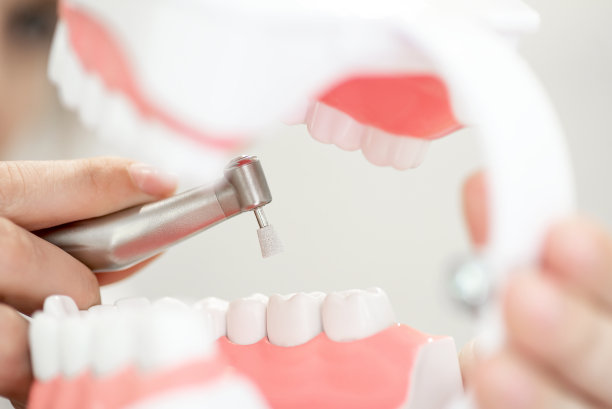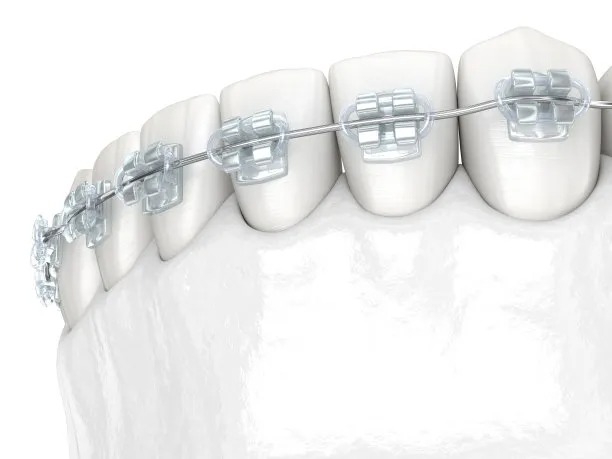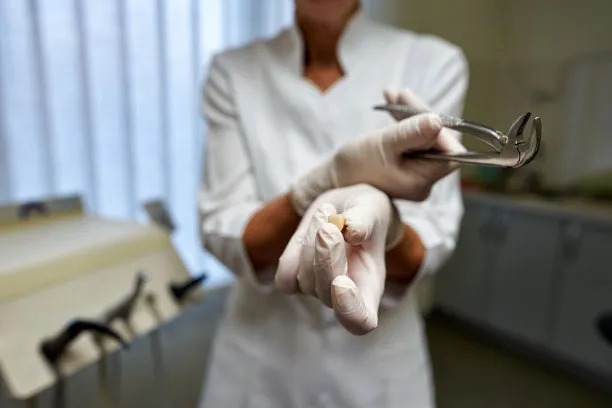Summary: Dental implants offer a reliable and effective solution for restoring lost teeth and improving oral health. This article outlines key considerations and precautions essential for ensuring successful dental implantation. It emphasizes the importance of thorough pre-surgical evaluation, post-operative care, proper selection of materials, and maintaining good oral hygiene. Each consideration is discussed in detail, illustrating how they contribute to the optimal outcome of dental implants. The goal is to educate readers on best practices and encourage proactive steps towards a healthy smile.
1. Comprehensive Pre-Surgical Evaluation

Before undergoing a dental implant procedure, a thorough evaluation of the patients overall health and dental condition is crucial. The evaluation includes a detailed medical history, oral examinations, and possibly imaging studies such as X-rays or 3D scans. These assessments enable the dental professional to determine if the patient is a suitable candidate for implants.
Factors such as bone density and gum health play critical roles in the success of dental implants. Insufficient bone density may require augmentation procedures, while healthy gums are essential for anchoring the implant securely. Therefore, addressing any underlying issues before surgery can significantly enhance the likelihood of a successful outcome.
Furthermore, discussing medications and existing health conditions with the dental provider is vital. Certain conditions, such as diabetes or autoimmune diseases, may impact healing. A customized treatment plan that takes these factors into account is instrumental in achieving optimal results.
2. Importance of Post-Operative Care
Post-operative care is an essential component of the dental implantation process. Following the implant surgery, patients must follow specific guidelines to ensure proper healing and integration of the implant. This includes taking prescribed medications, such as antibiotics or pain relievers, to prevent infection and manage discomfort.
Patients should also be mindful of their diet during the initial recovery period. Soft foods are advisable to avoid putting excessive pressure on the surgical site. Staying hydrated and avoiding strenuous activities can further support healing. Adhering to the dentists follow-up appointments is critical for monitoring healing progress and catching any potential complications early.
Oral hygiene remains paramount post-surgery. While it is essential to prevent infections, care should be taken that brushing or flossing does not disturb the surgical area. Dentists often provide guidelines on how to maintain good hygiene without jeopardizing the healing process, and following these instructions can significantly influence the success of the implant.
3. Selecting Quality Materials and Techniques
The choice of materials and techniques used during the implant procedure greatly affects the long-term success of the implants. Quality titanium or zirconia materials are commonly used for implants due to their biocompatibility and strength. Patients should discuss material options with their dentist to understand the benefits and drawbacks of each.
In addition, the surgical technique employed is critical. Dentists typically use both traditional and minimally invasive techniques, depending on the specific case. Minimally invasive techniques often require less recovery time and are associated with reduced discomfort. A skilled and experienced dental professional will choose the approach best suited for the patients needs.
It is also essential for individuals to consider the implants design. Variations exist, such as different shapes and surface textures, which can influence stability and integration with bone. Discussing these aspects can lead to better outcomes and higher patient satisfaction over time.
4. Maintaining Excellent Oral Hygiene
Long-term success with dental implants is heavily reliant on the maintenance of excellent oral hygiene. Following the placement of implants, it is crucial for patients to establish and adhere to a robust oral care routine. This includes regular brushing, flossing, and possibly the use of mouthwashes prescribed by the dentist.
Routine dental check-ups are also critical. Dentists can help monitor the condition of the implants and surrounding gums, allowing for early identification of any issues. Professional cleanings play a vital role in removing plaque and tartar that standard home care may miss, thus protecting the implants from potential infection.
Conducting self-examinations for signs of gum inflammation or other irregularities can empower patients in maintaining their oral health. Awareness of changes, accompanied by prompt attention to professional advice, leads to the best possible outcomes and longevity of dental implants.
Summary:
In conclusion, successful dental implantation and optimal oral health are multifaceted processes that require careful consideration and planning. From pre-surgical evaluations to stringent post-operative care, the framework outlined in this article highlights the significance of each step. Emphasizing quality materials, techniques, and diligent oral hygiene can greatly influence the durability and effectiveness of dental implants.
This article is compiled by Vickong Dental and the content is for reference only.
Vickong Dental
Vickong Dental is a large medical group established in Hong Kong in 2008 by professors from well-known medical universities in Guangdong and Hong Kong, as well as medical doctors from key national '985' universities (including Master's supervisors and senior professors). The chain of branches brings together expert dentists with PhDs and Master's degrees from Hong Kong and Mainland China, committed to providing high-quality dental treatment.
"Vickong Dental Practices the University Motto of 'Healing and Serving Society,' with a Stable Operation for Sixteen Years. It Has Been honored with Hong Kong Enterprise Leaders's Choice,' and is a Global Trusted Implant Center for the Nobel Implant System. Recommended by Hong Kong Metro Broadcast and Guangdong Television, it Serves Customers from Over Thirty Countries and Regions, Gaining the Trust and Favor of Citizens from the Guangdong-Hong Kong-Macau Greater Bay Area and Surrounding Cities.

Thousands of customers' unanimous praise
The most recognized and highly recommended dental service by customers in the Guangdong-Hong Kong-Macau Greater Bay Area
We Ensure You Receive Detailed Care and Attention Here
Hong Kong standards, Shenzhen prices, Your Trusted English-speaking dentists

Vickong Dental Medical-Grade Instrument Disinfection Process
Vickong Dental Medical-Grade Instrument Disinfection Process

Vickong Dental Chain: A Warm and Comfortable Environment for Treatment






Appointment Hours

Q&A
Why choose Vickong Dental?
Vickong Dental practices the university motto 「Medicine to Benefit Society」, with each branch bringing together highly qualified dentists with doctoral and master’s degrees from Hong Kong and the Mainland, and has maintained seventeen years of steady operation。Recipient of 「2024 Hong Kong Enterprise Leaders Brand」, 「2025 Hong Kong Enterprise Leaders Brand」, a Nobel Biocare Global Trusted Implant Center, and a brand recommended by Metro Radio Hong Kong and Guangdong TV。
To date, we have served customers from more than thirty countries and regions,earning exceptionally high word-of-mouth recognition and trusted recommendations from residents across the Guangdong-Hong Kong-Macao Greater Bay Area and surrounding cities
We have eight major branches in Zhuhai、Shenzhen,and a consultation and service assurance center in Hong Kong,so you can book a free consultation at any time for any questions,which is very reassuring.
If I do not accept the quotation after the CT scan, will I be charged??
No! As long as the actual treatment has not started, you will not be charged any fees.
Will there be any additional charges during the treatment process?
No, there won’t be any additional charges. Before treatment begins, we will clearly explain the treatment plan and its corresponding fees. Only after the patient agrees and signs the consent form will we proceed with the dental service.
Can I pay in Hong Kong dollars?
Yes. Vickong Dental accepts payment in Hong Kong dollars. The amount will be converted based on the exchange rate of the day, and the applicable rate will be clearly communicated to you in advance.
Can I reschedule my appointment at any time?
Yes. Please contact us via **WeChat** or **WhatsApp** as early as possible, providing your original appointment time and details, along with your preferred new date and time slot for rescheduling.













